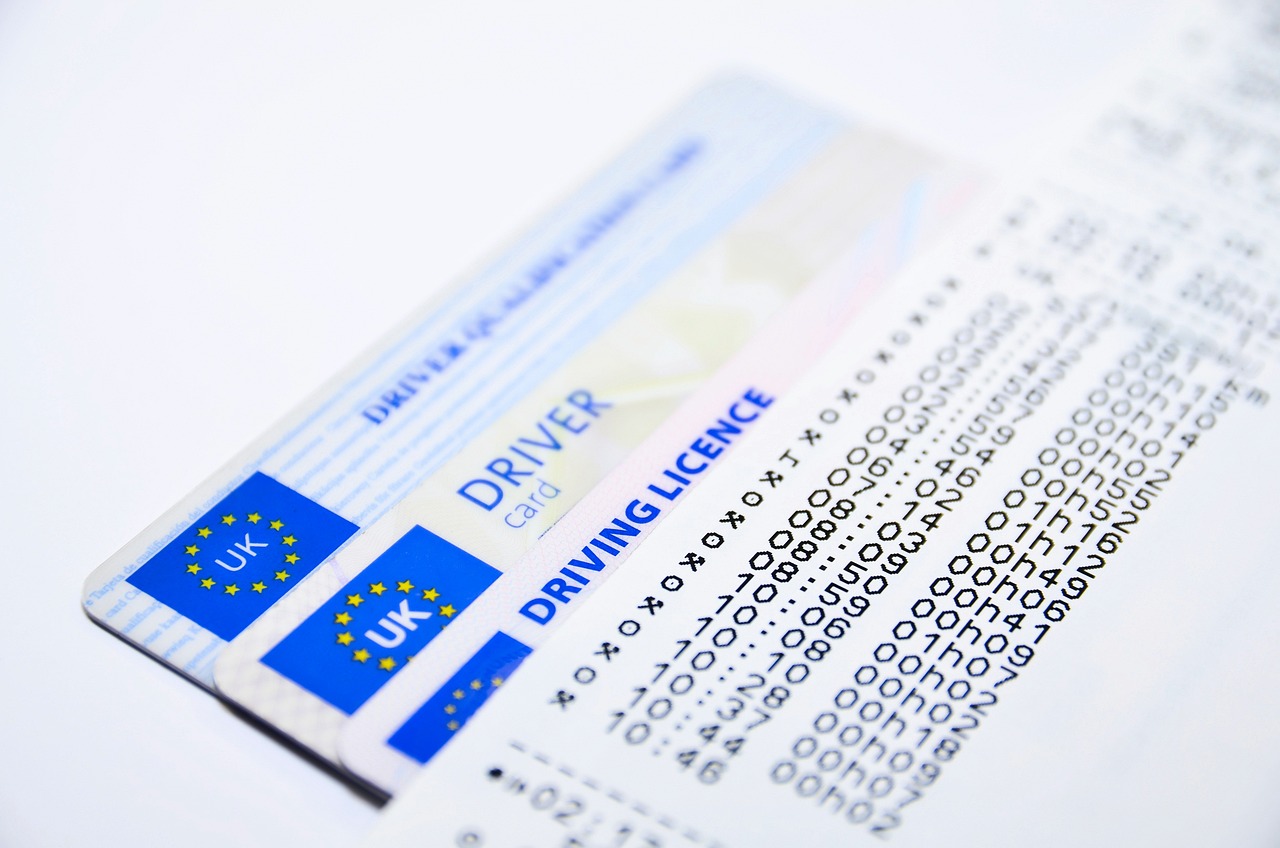
drone license india
As unmanned aerial vehicles (UAVs), commonly known as drones, become increasingly popular for both recreational and commercial purposes, many countries have established regulatory frameworks to manage their use. In India, the Civil Aviation Ministry has set specific guidelines for drone operations to ensure safety and compliance with national security measures. This article provides a comprehensive overview of the drone licensing India, including requirements, procedures, and key regulations.
Overview of Drone Regulations in India
The regulation of drones in India falls under the purview of the Directorate General of Civil Aviation (DGCA), which is the national aviation authority. The DGCA has established a framework for the operation of drones, outlined in the “Civil Aviation Requirements” (CAR) and updated periodically to address evolving technology and safety considerations.
Types of Drone Licenses
In India, drone operations are categorized based on the weight and intended use of the drone. The primary categories include:
- Recreational Use: Drones used for hobby purposes, typically with a maximum weight of 250 grams.
- Commercial Use: Drones employed for business activities, including aerial photography, surveying, and delivery services.
- Government Use: Drones used by government agencies for surveillance, emergency response, and other official functions.
Each category has specific licensing requirements and procedures.
Licensing Requirements for Commercial Drones
For commercial drone operations, obtaining a license is mandatory. The following are key requirements and steps involved in the licensing process:
- Registration of the Drone: Before obtaining a license, the drone must be registered with the DGCA. This involves providing details about the drone’s make, model, and serial number, along with proof of ownership.
- Remote Pilot License (RPL): Operators of commercial drones must hold a Remote Pilot License issued by the DGCA. To obtain this license, individuals must complete a training program from a DGCA-approved training organization. The training includes theoretical and practical sessions on drone operations, safety, and regulations.
- Operational Permissions: Operators must secure permissions for each specific flight operation. This includes obtaining clearance from local authorities and, if necessary, special permits for flights in restricted zones such as near airports or military installations.
- Insurance: Commercial drone operators are required to have insurance coverage for their operations. This insurance typically includes coverage for damage to property, injury to individuals, and any third-party liability.
Steps to Obtain a Drone License in India
- Enroll in a Training Program: Aspiring drone operators must complete a training program from a DGCA-approved institution. The training covers various aspects of drone operation, including flight safety, airspace management, and emergency procedures.
- Pass the Examination: After completing the training, candidates must pass a written and practical examination to demonstrate their proficiency in drone operation.
- Apply for the License: Submit an application to the DGCA, including all necessary documentation such as proof of training, examination results, and drone registration details.
- Receive the License: Upon successful evaluation of the application, the DGCA issues the Remote Pilot License, allowing the individual to operate drones for commercial purposes.
Regulatory Compliance and Safety Measures
In addition to obtaining a license, drone operators in India must adhere to specific safety and operational regulations, including:
- No-Fly Zones: Drones are prohibited from flying in certain areas such as near airports, military installations, and densely populated urban areas without special permission.
- Altitude Limits: Operators must comply with altitude restrictions to avoid collisions with manned aircraft.
- Flight Permissions: Operators are required to obtain prior permissions for each flight, especially for commercial operations.
Conclusion
Navigating the regulatory landscape for drone operations in India involves understanding and complying with various requirements set by the DGCA. Whether for recreational or commercial purposes, obtaining the necessary licenses and adhering to regulations ensures safe and legal drone usage. As the technology continues to evolve, staying informed about regulatory updates is crucial for all drone operators.








